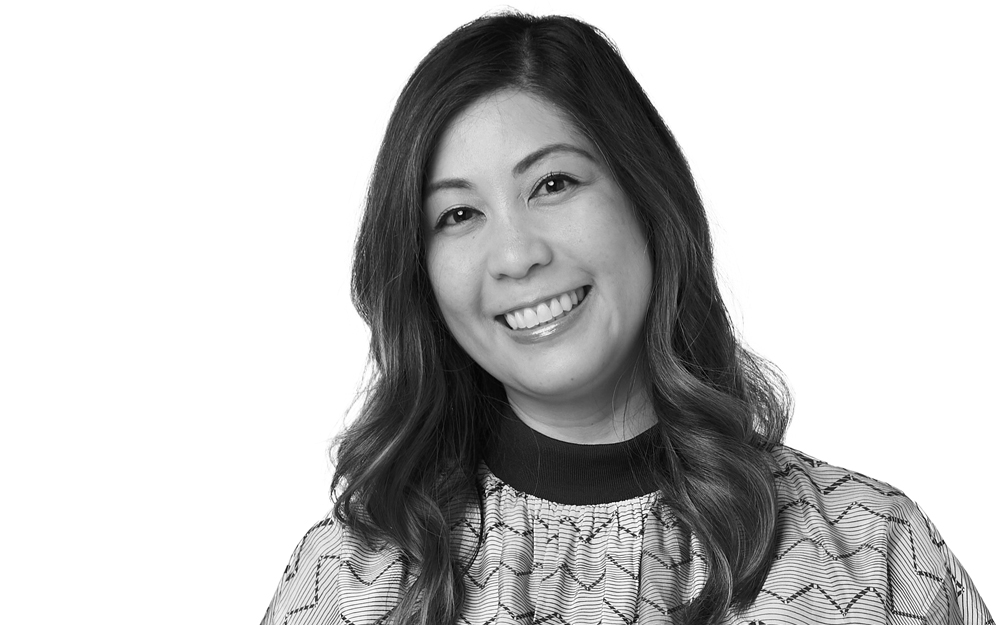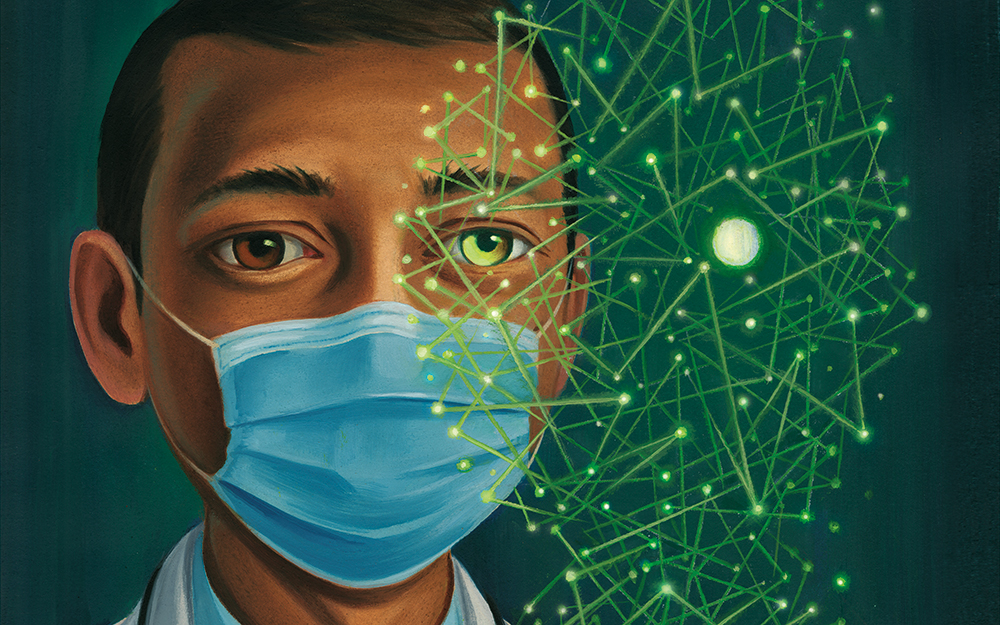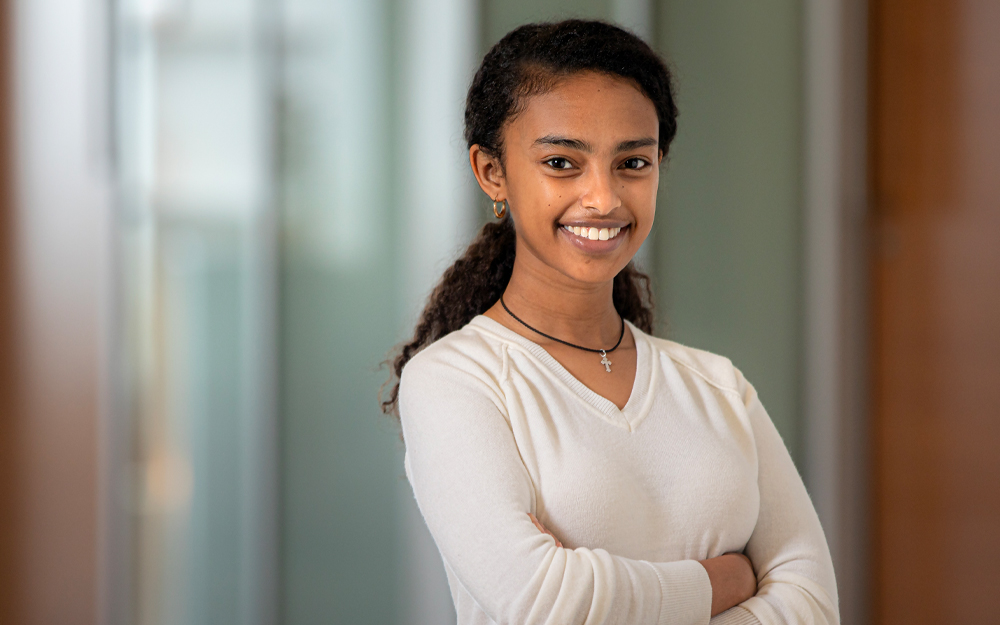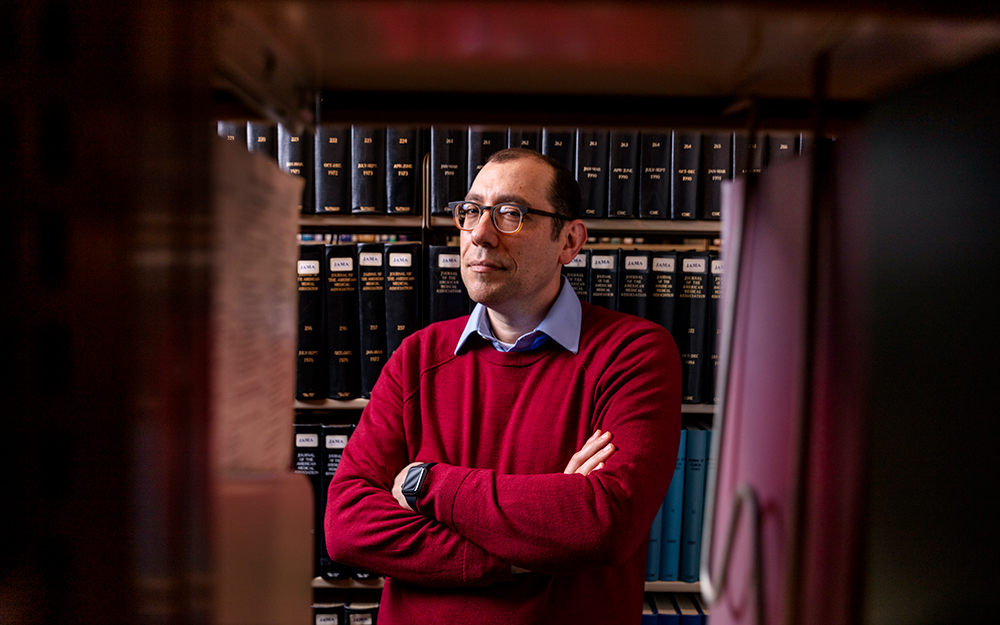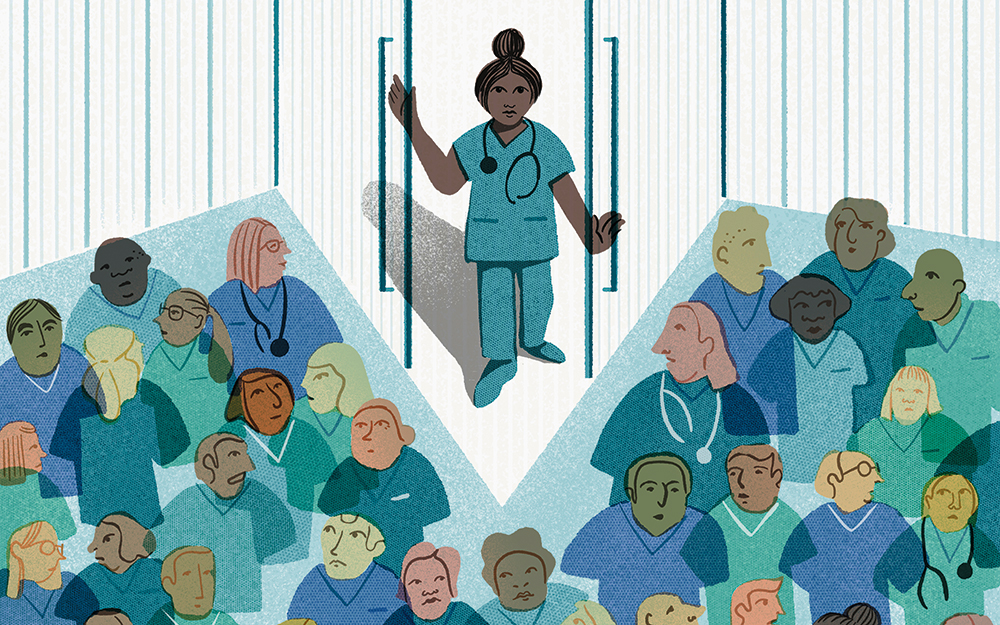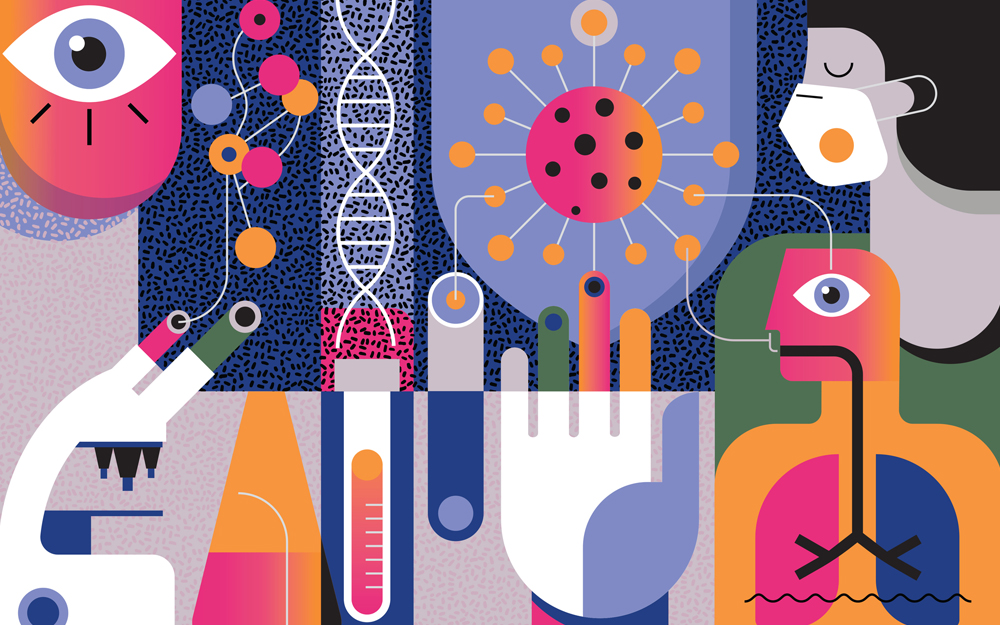New Fellowship Is Rooted in Mission
Date
June 30, 2025
Credits
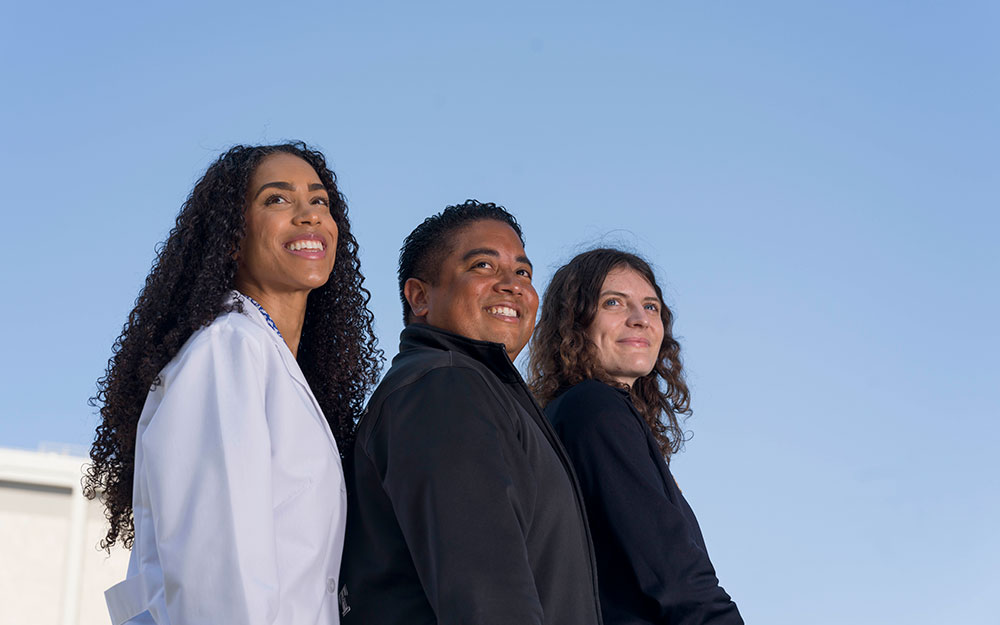
Date
June 30, 2025
Credits
Medical providers featured in this article


In Brief
{{cta-block}}
Rooted in Cedars-Sinai’s mission to deliver the highest-quality care to every patient, the Office of Health Equity has launched its inaugural Health Equity Fellowship Program. The yearlong program empowers faculty and staff to examine care delivery through a patient-centered lens and develop practical solutions that support more responsive, inclusive care.
"This fellowship is a unique opportunity for our talented team members to drive progress toward meaningful, actionable change," said Christina Harris, MD, chief health equity officer at Cedars-Sinai. "When employees pursue projects they are passionate about, it fuels innovation and leads to better experiences and outcomes for all patients."
Here, three of the 16 fellows share their goals to improve patient-centered care.
"When employees pursue projects they are passionate about, it fuels innovation and leads to better experiences and outcomes for all patients."
ER Accessibility
Joshua Aceves, a social worker in the Cedars-Sinai Emergency Department, aims to improve communication by training emergency room (ER) healthcare professionals to use plain language and visual aids and provide support resources for non-English speakers.
"We have an opportunity to create an environment where patients feel comfortable asking questions and seeking help," Aceves said. "We hope our approach will help patients better understand their medical conditions and treatment options, as well as decrease preventable visits to the ER."
Informed Decisions
Brittni Boyd, MD, a urogynecologic surgeon in the Cedars-Sinai Medical Network, will expand upon her research identifying barriers to urogynecologic care in people of color. She hopes to study the diversity of patients’ decisions around treatment of pelvic floor disorders.
"The literature suggests there are disparities in urogynecologic care, but the data doesn’t distinguish whether these differences are attributable to cultural norms, patient preferences or lack of education," Boyd said. "With this project, we may be able to develop interventions that specifically address inequities."
Communication and Culture
Madison Patenaude, RN, who works at Cedars-Sinai Marina del Rey Hospital, is developing a training program that aims to increase providers’ cultural competence and communication skills with LGBTQIA+ patients. The program provides awareness of terminology and health needs and offers practical strategies to improve interactions.
"Research consistently shows that LGBTQIA+ patients experience better health outcomes when they are cared for by affirming providers," Patenaude said. "We hope this project will help create lasting, positive impacts on patients’ experiences by fostering more inclusive and respectful care environments."
